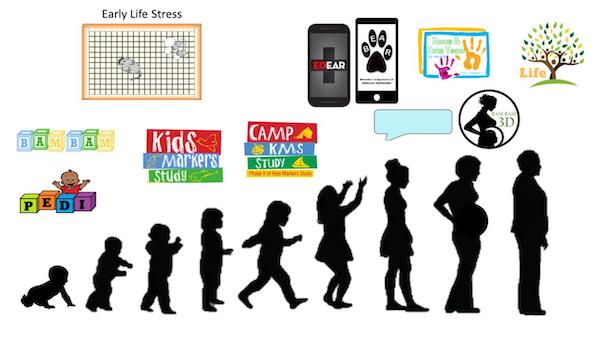
The Initiative on Stress, Trauma, and Resilience (STAR) was formed in 2019 with support from the Department of Psychiatry and Human Behavior. The STAR Initiative aims to foster transdisciplinary collaborations within Brown University, to provide training opportunities for researchers and clinicians who want to address stress and trauma, to enhance partnerships with local and community stakeholders, and to affect policy at the local, national, and international levels.
The mission of the STAR Initiative is to:
- catalyze transdisciplinary collaboration at Brown and around Rhode Island to foster transformative, translational research on early stress, trauma, adversity, and resilience.
- focus on novel biomarkers that may be harnessed to identify early markers of risk, resilience, and disease.
- establish Brown and Rhode Island as a hub and center of innovation for translational research in stress, trauma, adversity and resilience.
 Faculty affiliated with the STAR Initiative have diverse areas of expertise related to stress and trauma across the lifespan, and have an outstanding track record of obtaining federal funding for research. STAR Initiative directors lead over $36 million in funded research projects that examine risk and resilience spanning from the prenatal period through infancy, childhood, adolescence, and into adulthood, and include ecological approaches to measurement of exposures, novel molecular and biobehavioral mechanisms, and evaluations of preventative interventions.
Faculty affiliated with the STAR Initiative have diverse areas of expertise related to stress and trauma across the lifespan, and have an outstanding track record of obtaining federal funding for research. STAR Initiative directors lead over $36 million in funded research projects that examine risk and resilience spanning from the prenatal period through infancy, childhood, adolescence, and into adulthood, and include ecological approaches to measurement of exposures, novel molecular and biobehavioral mechanisms, and evaluations of preventative interventions.
An explicit aim of the STAR Initiative is to provide formal and informal training opportunities for future stress, trauma, and resilience scientists including research training opportunities spanning biological, psychosocial, and technological considerations for psychology and psychiatry residents and post-doctoral fellows. Trainees affiliated with the STAR Initiative participate in monthly Adversity and Trauma Research Group meetings that provide opportunities for peer and mentored review of scholarly work, including manuscripts for publication and grant proposals. Affiliated trainees also have opportunities to receive formal and informal mentoring from affiliated faculty who are not their primary mentor, with the goal of enriching the training experience and promoting exposure to diverse perspectives.




